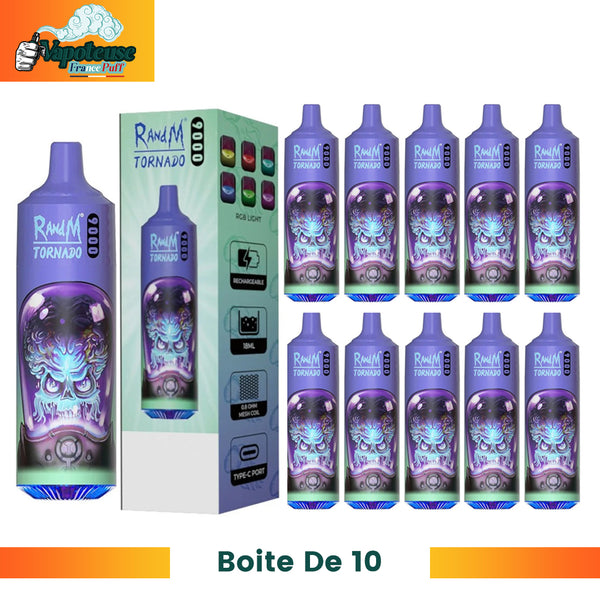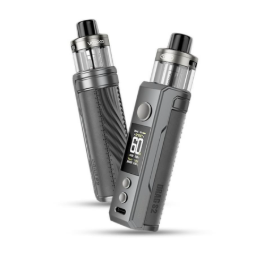Inconel Foil vs. Monel Foil: A Comprehensive Comparison
When selecting high-performance alloys for demanding applications, Inconel foil and Monel foil often take the top spot due to their exceptional mechanical properties and corrosion resistance. Knowing the difference between these two materials and their applications is very important in making the right choice. This blog delves into the key distinctions between these two materials and highlights the role of a reliable Inconel foil supplier in meeting your industrial needs.
Understanding Inconel Foil
Inconel is a family of nickel-chromium-based alloys renowned for its exceptional resistance to oxidation and corrosion, particularly at high temperatures.
Key Features of Inconel Foil
Heat Resistance: Withstanding temperatures above 1000°C, Inconel foil is ideal for applications in aerospace, heat exchangers, and turbines.
Corrosion Resistance: Offers outstanding protection against harsh chemicals, such as acids and alkalis.
Strength at High Temperatures: Retains mechanical strength even under extreme heat, ensuring structural integrity.
Versatility: Available in various grades like Inconel 600, 625, and 718, catered to specific industrial requirements.
Applications of Inconel Foil
Aerospace: Heat shields and combustion liners
Chemical Processing: Corrosive chemicals lining equipment
Energy Sector: Components in the gas turbines and nuclear reactors
Understanding Monel Foil
Monel refers to a nickel-copper alloy that boasts superior corrosion characteristics, especially in marine or chemical environments.
Key features of Monel Foil
Corrosion Resistance: Extensively resistant to seawater, acids, and alkalis, making it suitable for marine work.
Strength and Toughness: Highly strong and resistant under subzero temperature conditions as well.
Machinability: Relatively easier as compared to many other nick-based alloys
Applications of Monel Foil
Shipbuilding and seawater intake systems in desalination plants
Chemical plants: Storage tank and condenser tubes for heat exchange
Oil and gas: In components that are submerged in natural seawater and brines
When selecting high-performance alloys for demanding applications, Inconel foil and Monel foil are often at the forefront due to their exceptional mechanical properties and corrosion resistance. Understanding their differences and applications is crucial to making an informed decision. This blog delves into the key distinctions between these two materials and highlights the role of a reliable Inconel foil supplier in meeting your industrial needs.
Understanding Inconel Foil
Inconel is a nickel-chromium-based alloy that is known for high oxidation and corrosion resistance, especially in high-temperature environments.
Key Features of Inconel Foil
Heat Resistance: It can withstand temperatures up to 1000°C and hence is used in aerospace applications, heat exchangers, and turbines.
Corrosion Resistance: It provides excellent resistance to aggressive chemicals, acids, and alkalis.
Strength at High Temperatures: It maintains its mechanical strength even at extreme heat levels, thus providing structural strength.
Versatility: It is available in various grades like Inconel 600, 625, and 718, designed according to the specific industrial requirements.
Applications of Inconel Foil
Aerospace: Heat shields and combustion liners.
Chemical Processing: Equipment lining exposed to corrosive chemicals.
Energy Sector: Components in gas turbines and nuclear reactors.
Understanding Monel Foil
Monel is a nickel-copper alloy with superior corrosion resistance, especially in marine and chemical environments.
Key Features of Monel Foil
Corrosion Resistance: Highly resistant to seawater, acids, and alkalis, making it ideal for marine applications.
Durability: Exceptional strength and resilience, even in subzero temperatures.
Ease of Machining: Easier to fabricate compared to some other nickel-based alloys.
Applications of Monel Foil
Marine Industry: Shipbuilding and desalination systems.
Chemical Processing: Storage tanks and heat exchangers.
Oil and Gas: Components exposed to saline environments.
Inconel vs. Monel: Key Differences
| Property | Inconel Foil | Monel Foil |
| Composition | Nickel-chromium | Nickel-copper |
| Heat Resistance | Excellent at high temperatures | Moderate, better at subzero temperatures |
| Corrosion Resistance | Best for oxidizing environments | Best for reducing environments |
| Strength | Retains strength at elevated temperatures | Strong but less heat resistant |
| Application | Aerospace, nuclear, energy | Marine, chemical, oil & gas |
Material Selection
The choice between Inconel and Monel foil is based on the application:
Aerospace, nuclear, energy: Inconel foil is better because it is more heat resistant.
Marine and Saline environment: Monel foil is superior to Inconel for seawater and reduces the environment.
Chemical Processing: Both alloys are excellent, but the choice depends on the chemicals involved (oxidizing vs. reducing).
Why Partner with a Reliable Inconel Foil Supplier?
For industries requiring high-quality materials, selecting a reliable Inconel foil supplier is important. Here’s why:
Material Authenticity: Reputed suppliers deliver certified products that meet the industry standards.
Customization: Providing tailored thicknesses and grades for different applications.
Timely Delivery: Ensuring uninterrupted production cycles.
Technical Support: Assisting in material selection for specific requirements.
Advantages of Inconel and Monel in Future Trends
Market growth of Inconel and Monel foils would be in future due to advancements in aerospace technology for more efficient, lighter spacecraft that have to resist high temperatures and forces and also due to the renewable energy system requiring corrosion-resistant alloys like Monel, with medical applications gaining ground owing to biocompatibility with nickel-based alloys.
Conclusion
Both Inconel and Monel foil are essential within the industries, each type with specific strengths. While one performs outstandingly well in high temperatures and oxidative environments, Monel will excel in marine conditions or when in reducing media. Therefore, the secret behind realizing these foils hinges on finding the right type for your application and identifying a good foil supplier for the material that can ensure reliability in quality and delivery.
With the right choice of material and supplier, you can achieve unmatched efficiency, durability, and reliability in your projects.













Post Comment